By: Martha Molfetas
Impact Wins: these days, it can seem like good news rarely happens - especially in relation to climate change and the environment we all rely on. Once a month, you can expect a blog from us that features some good news on climate action and environmental protection.
Let's be real, plastic was never really fantastic. It's largely made from petrochemicals, basically leftovers in oil production. It does have advantages for medicine and infrastructure; but how we dispose of it and what we've done to the planet through plastic pollution is just terrible. If we do nothing, by 2050 there will be more plastic than fish in the ocean - not just ending a great turn of phrase ('other fish in the sea'), but forever altering the fisheries, food, and ecosystems we all rely on for... well, food and oxygen*. This is all to say nothing of the dilemma of micro-plastics, which now exist inside us and even inside sea salt crystals.
In the last few months, we've been seeing a lot of headlines about cleaning up severe plastic pollution and single-use plastic bans; in tandem with news reports of beached whales filled to the brim in plastic pollution that makes them literally starve to death. That huge Pacific Garbage Patch isn't helping matters either. Plastic may just go the way of the dinosaurs who gave us the petrochemicals to make it in the first place. Bye bye, plastic - and bye bye, T-Rex.
Below are some of the initiatives and policies underway to temper down our plastic pollution problems and protect our shared environment and oceans for generations yet to pass.
- The largest beach clean up ever has cleared 5.3 million kilograms of trash and plastic in Mumbai, India. Thanks to 1,000 volunteers, a 2.5 kilometer stretch of beach actually looks like a beach. Some spots had trash up to 5.5 feet deep. The massive cleanup took place over 21-months from 2016-2017, and was spearheaded by a Mumbai lawyer and environmentalist - proving Margaret Mead was right.
- After many months of political pressure by environmentalists, last month the UK made plans to ban single use plastics, including plastic straws and cotton swabs. The goal is for the UK to eliminate avoidable plastic pollution over the next 25 years.
- In usual American environmental pioneership, California was the first US state to ban single use plastics in 2016. It's an effort to cut plastic pollution, eliminating the 13 billion plastic bags that were typically consumed by the state each year.
- That teenager with the idea to clean up ocean plastics? Well his idea became a reality last month, with the first ever ocean plastic collecting machine now at work in the Pacific. It's no small task to clean up the estimated 1.8 trillion pieces of plastic in the Great Pacific Garbage Patch.
- Here in New York, Governor Cuomo has thrown his support behind a state-wide plastic bag ban. The bill was introduced and proposes to ban plastic bags as soon as next year.
- Whole countries have already instituted plastic bag bans or plan to phase-out plastic bags and other single-use plastics over time, including: Kenya, Zimbabwe, France, Taiwan, and Morocco to name a few.
The reality is, we're the masters of this planet. Through decades of poor stewardship, we've made plastic pollution omnipresent. When it comes to plastics, it's best to refuse, reuse, and recycle. And the next time you're on the beach, pick up some of the plastic stuff others left behind. We cannot continue to use something intended to last forever for products and purposes meant to last a moment. Only we can clean it up. Only we can create a future where plastic pollution is a vestige of the past, like the VHS and the abacus.
___________
*Our world's oceans provide the lion's share of our planet's oxygen. Without healthy oceans, we lose the potential to sustain all life - including us.
***
Ready to make an impact? Take our Impact Pledge and commit to learn, share, and act on climate change and environmental justice.
Photo by: Femke Gubbels | From our 'Displacement in Dar es Salaam' project

